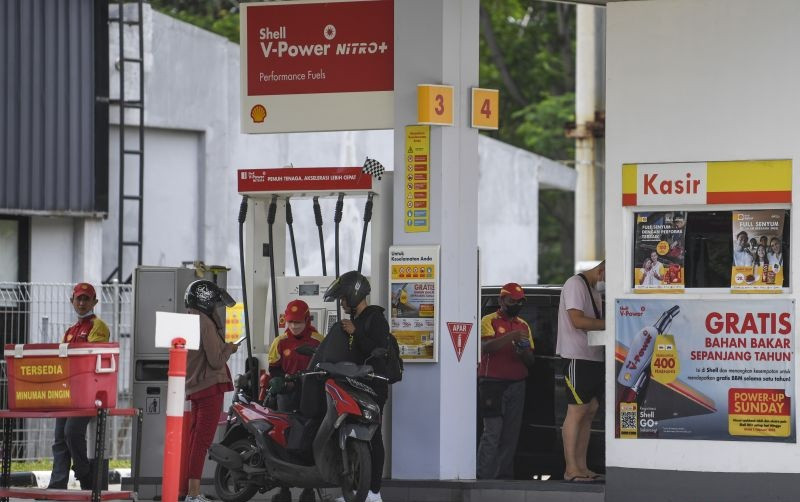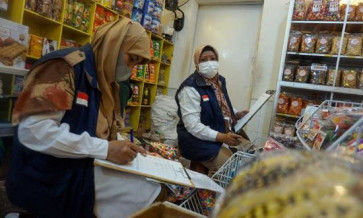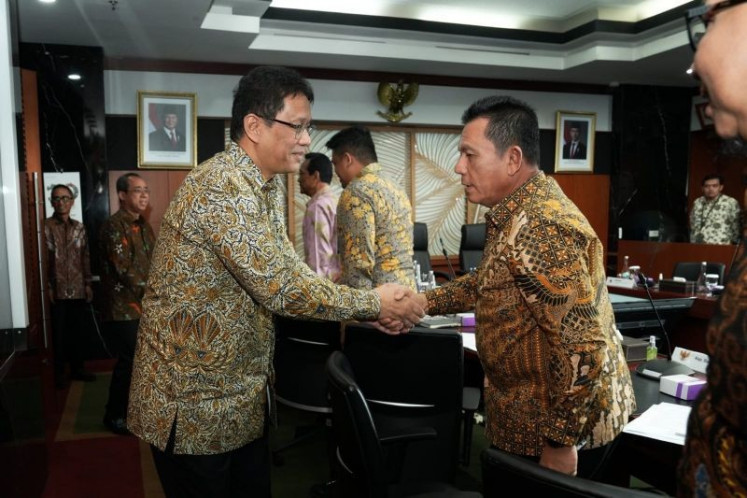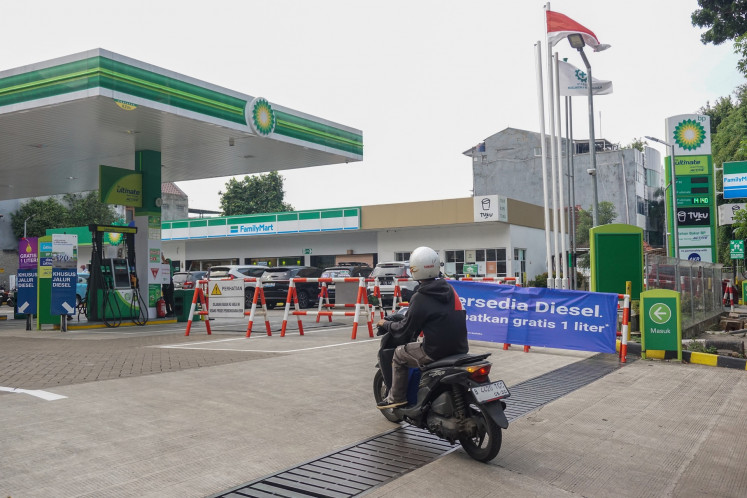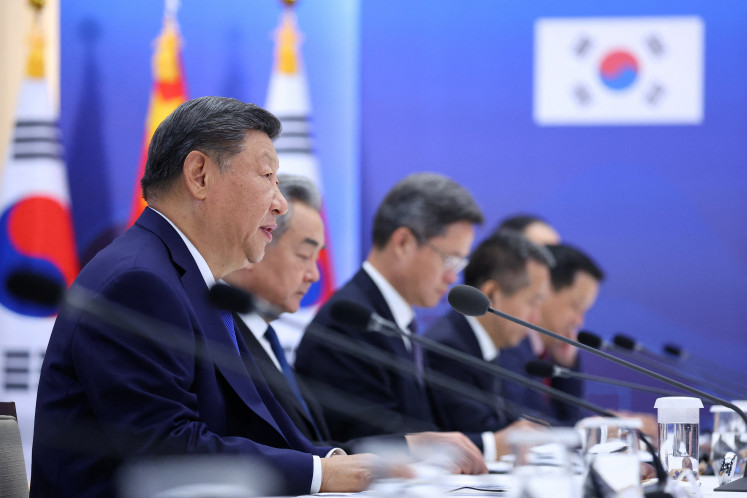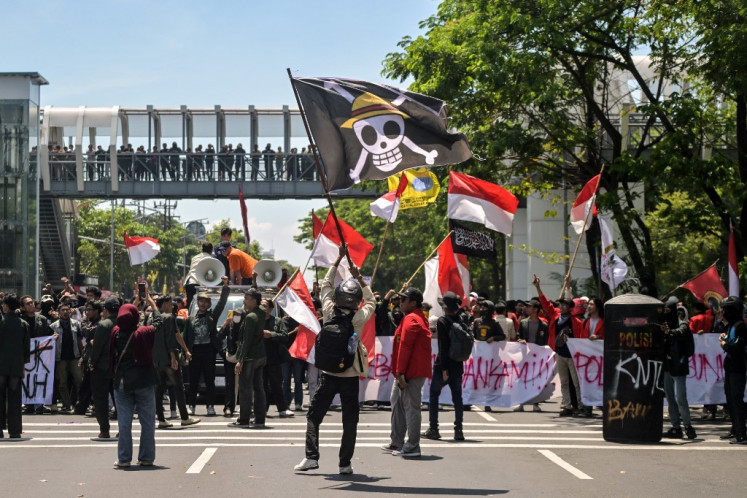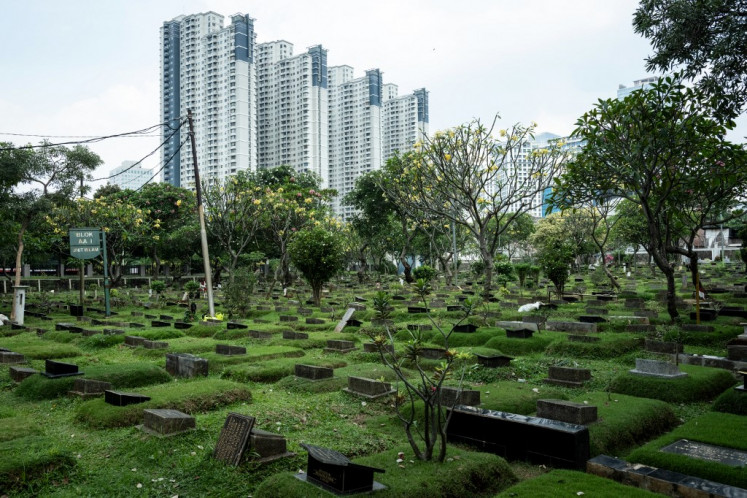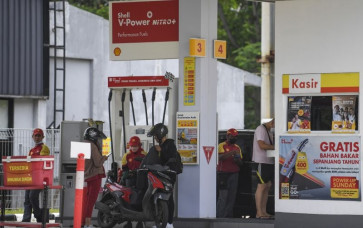Popular Reads
Top Results
Can't find what you're looking for?
View all search resultsPopular Reads
Top Results
Can't find what you're looking for?
View all search resultsImport policy shift, quota cap squeeze fuel supplies at BP, Shell
Despite the government’s push to source more supply from state-owned Pertamina as a short-term solution, industry players remain reluctant to comply.
Change text size
Gift Premium Articles
to Anyone
A
lthough the government blames rising demand for fuel shortages at private gas stations like Shell and BP, experts point to deeper issues, which are changes in import policy and a fixed fuel import quota. Despite the government’s push to source more supply from state-owned Pertamina, industry players remain reluctant to comply.
Over the past week, several Shell and BP gas stations in Jakarta have run low on fuel, with some suspending sales of key products, underscoring supply strains among private retailers.
The issue has attracted interest from the Business Competition Supervisory Agency (KPPU), which has launched an investigation into the non-subsidized fuel shortages, examining market structure and potential anticompetitive practices.
“We will conduct cross-source data consistency tests to identify structural barriers, inefficient trade arrangements or indications of anti-competitive behavior,” KPPU chairman M. Fanshurullah Asa said on Monday.
Hadi Ismoyo, advisory board member of the Society of Indonesian Petroleum Engineers (IATMI), argued that the fuel shortage stems from a regulatory change in which the Energy and Mineral Resources Ministry shortened the validity of fuel import permits for private operators from one year to six months starting this year. The policy also requires periodic evaluations every three months to “increase monitoring flexibility.”
“It makes it difficult for private gas stations to adapt,” he told The Jakarta Post on Monday. “The new validity period forces [private fuel distributors] to overhaul complex logistics and equipment twice as often.”
Moshe Rizal, who chairs the investment committee of the Association of Oil and Gas Companies (Aspermigas), added that the shorter validity period, coupled with the government’s discretionary power to suspend or reduce quotas, creates significant supply uncertainty for private operators, who rely entirely on imports due to the lack of adequate private refineries.

